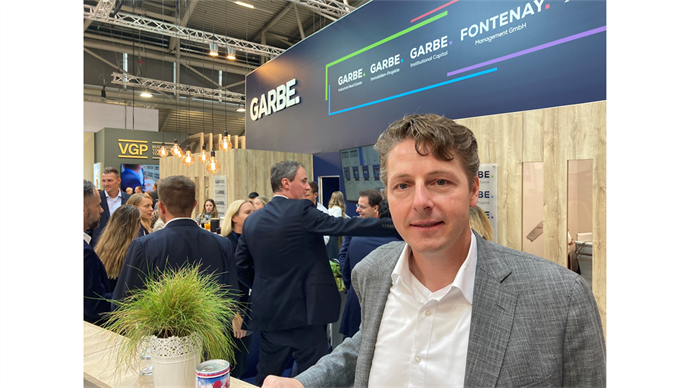The shift to re-shoring and near-shoring of production triggered by supply chain disruption during the pandemic is set to continue, according to Tobias Kassner at logistics specialist Garbe.
Speaking to PropertyEU at Expo Real, Kassner, head of research at Garbe, said there was room for more warehousing in Europe, for instance in Northern Italy or Central Europe, to accommodate this trend. On the other hand, he noted, cars that are sold in Asia, certainly should not all be produced elsewhere.
In an analysis of German companies’ strategies, Kassner found that some would want to shift their production activities closer to home, but not entirely.
Most would opt for a ‘China plus one strategy’, he said, meaning they would keep one production facility in China or elsewhere in Asia. ‘We see that Apple is doing that,’ Kassner said, ‘but also C&A, that has moved a lot of their production to Westphalia.’
Industrial heavyweights in particular are rethinking their operations, he said. German steel company Thyssen Krupp, for example, aims to transform itself into a company that produces ‘green steel’, but that is a process for the long term. The group wants to start using hydrogen and overhaul all its facilities.
For Kassner, it all boils down to redefining globalisation. Even after the energy crisis is over, the trend towards shortening supply chains will continue, he said. China is not as attractive as a low wage country anymore. Moreover, it has growing middle class, higher wages and the population is aging. ‘We can’t be as dependent on China as we used to be,’ Kassner said, although for some raw materials like cobalt this is unavoidable.
For Garbe, the shortening of supply chains is ‘immensely important’ to its business, Kassner concluded, even though these are medium to long term processes.



































